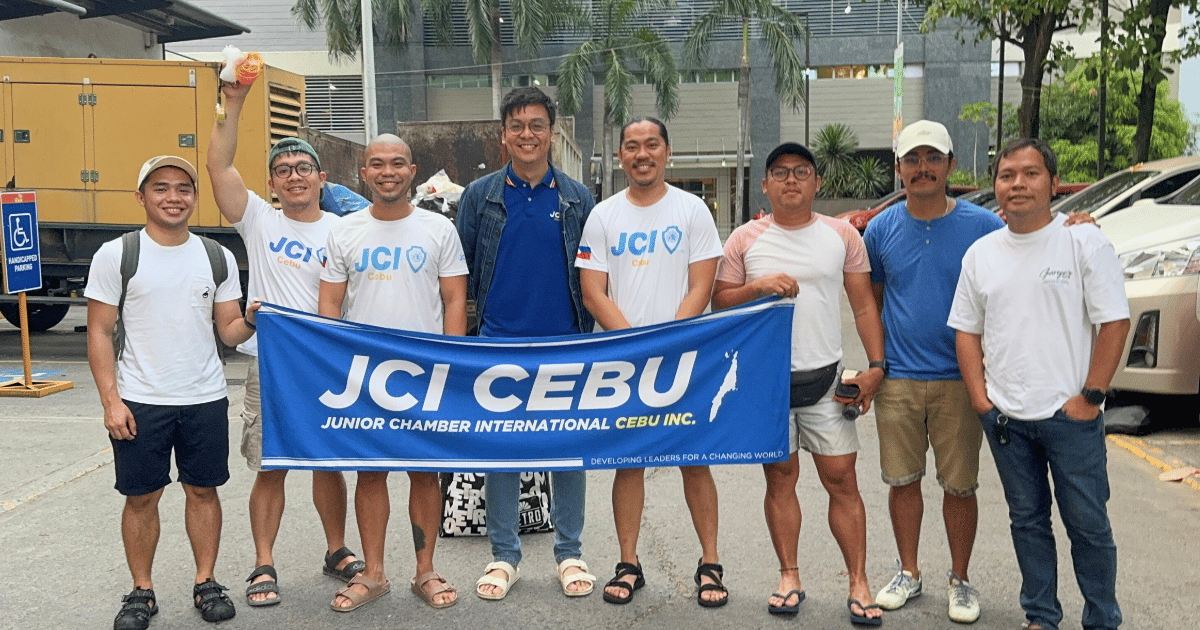JCI Cebu marked another milestone in its commitment to environmental protection as it entered the third week of WasteWatch, a nine-week data-gathering initiative led by Project Chair Paul John B. Pastor in partnership with PlastELEK and the University of the Philippines Diliman. This collaborative effort aims to build a clearer picture of pollution trends through science-driven data collection before, during, and after the 2025 election season.
In its latest activity, WasteWatch turned its focus to two river systems located in Mambaling and Budlaan. At each site, volunteers laid out five transects measuring 15 by 4 meters, each spaced 25 meters apart. These scientifically grounded setups allowed teams to collect accurate and consistent data on the types and sources of visible waste polluting the waterways.
Results from the field revealed a persistent dominance of styrofoam and various plastics, typical culprits in urban waste profiles. However, what stood out this week was a sharp rise in campaign-related materials such as posters, flyers, and tarpaulins. These findings emphasize the impact of election season on environmental health.
The data also provides an opportunity for educators, researchers, policymakers, and other stakeholders to examine behavioral patterns tied to political events. By correlating waste types with specific timeframes, the initiative fosters a deeper understanding of how civic activities such as during election campaigns contribute to environmental degradation, opening the door to more targeted waste reduction strategies and social awareness.
Through WasteWatch, JCI Cebu encourages the public and especially political candidates to take an active role in reducing campaign litter. The initiative serves as both a call to action and a research effort designed to inform future policy and community interventions.
Those who wish to support or volunteer in upcoming WasteWatch sessions are invited to reach out to Project Chair Paul John B. Pastor for further details.











